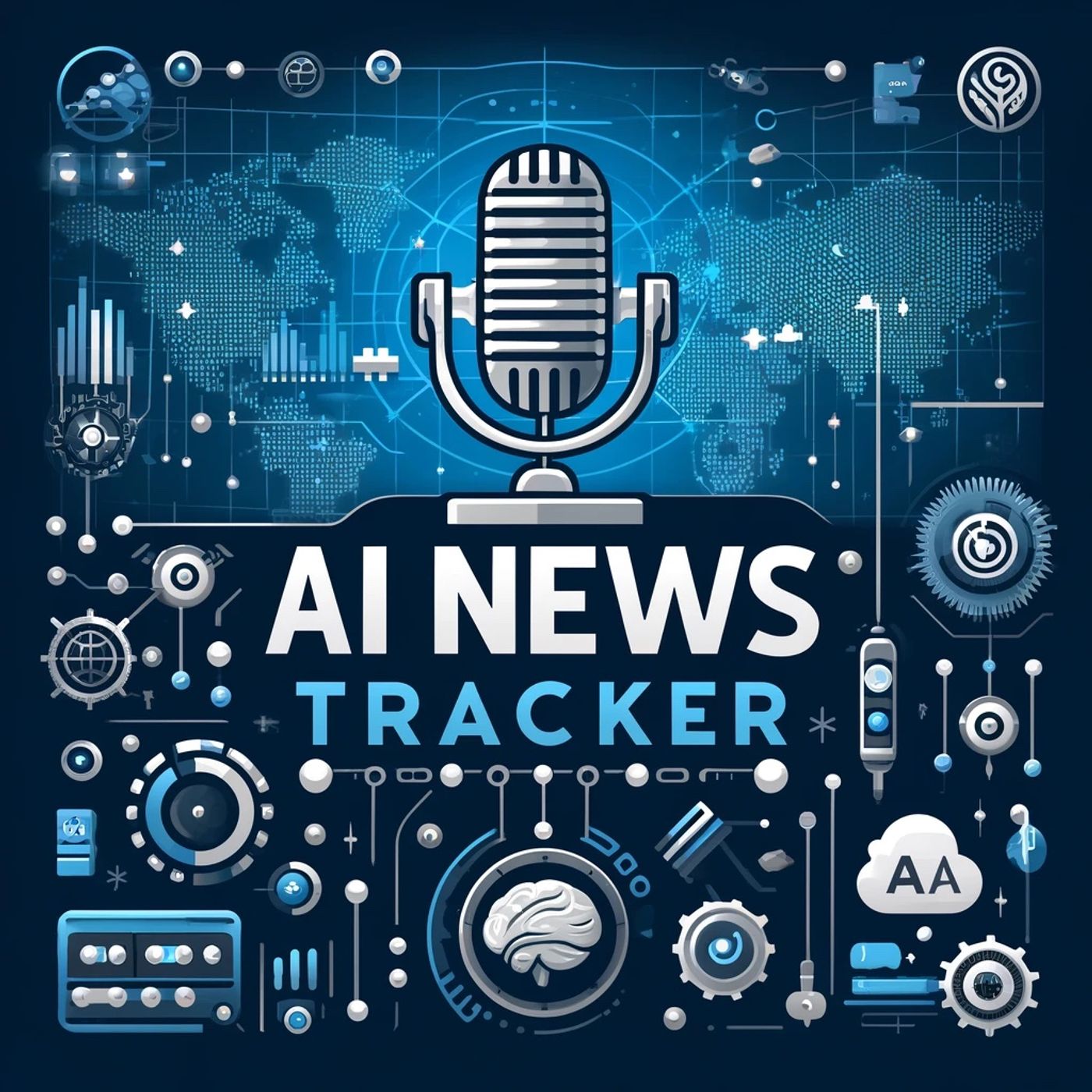Listen "The Evolving AI Landscape: Rapid Growth, Challenges, and Industry Trends to Watch"
Episode Synopsis
The current state of the AI industry is one of rapid growth and transformation. According to Vellum's 2025 State of AI Development Report, 25% of developers have production AI applications, and 39% are in various testing phases, indicating significant momentum in enterprise AI adoption[1].OpenAI continues to lead the pack, with GPT-4o being the most popular model used exclusively by companies. The Microsoft-OpenAI partnership has emerged as a frontrunner, democratizing access to advanced AI capabilities and enabling organizations of all sizes to build sophisticated applications[1].The AI Index Report 2024 from Stanford University highlights that the number of new large language models released worldwide in 2023 doubled over the previous year, with industry players like OpenAI and Anthropic reporting substantial fundraising rounds[4]. Despite a decline in overall AI private investment in 2022, funding for generative AI surged to $25.2 billion in 2023[4].In terms of industry trends, 2025 is expected to be the year of industrial AI agents, with manufacturers adopting a more practical and strategic approach to implementation[3]. Google Cloud predicts that 2025 will be the year of optimization, with companies shifting their focus from experimenting with AI to optimizing its performance and maximizing its value[5].Consumer behavior is also shifting, with 78% of Chinese respondents agreeing that AI products and services have more benefits than drawbacks, compared to only 35% of Americans[2]. The demand for AI-related professional skills is increasing across various industrial sectors, with the number of AI-related job postings increasing from 1.7% in 2021 to 1.9% in 2022[2].Regulatory changes are also on the rise, with the number of bills containing "artificial intelligence" that were passed into law growing from 1 in 2016 to 37 in 2022[2]. The AI Index analysis of parliamentary records on AI in 81 countries shows that mentions of AI in global legislative proceedings have increased nearly 6.5 times since 2016[2].In response to current challenges, AI industry leaders are focusing on optimization, silo busting, and democratizing access to AI tools. For example, Google Cloud is embedding AI directly into Workspace tools, enabling teams to work faster and more efficiently[5]. Overall, the AI industry is maturing rapidly, with organizations balancing ambition with responsibility and creating a sustainable path forward for AI adoption.This content was created in partnership and with the help of Artificial Intelligence AI
More episodes of the podcast AI News Tracker
AI Boom Fuels Unprecedented Infrastructure Investments and Regulatory Shifts in the Industry
13/11/2025
The AI Industry's Critical Transition: Landmark Deals, Surging Valuations, and Enterprise Adoption
07/11/2025
Navigating the Shifting AI Landscape: Resilience, Partnerships, and the Pursuit of Practical Gains
06/11/2025
The AI Industry Enters a New Era: Record Deals, Soaring Valuations, and Infrastructure Expansion
04/11/2025
The AI Industry's Shifting Landscape: Mega-Deals, Global Partnerships, and Hardware Innovations
03/11/2025
 ZARZA We are Zarza, the prestigious firm behind major projects in information technology.
ZARZA We are Zarza, the prestigious firm behind major projects in information technology.
